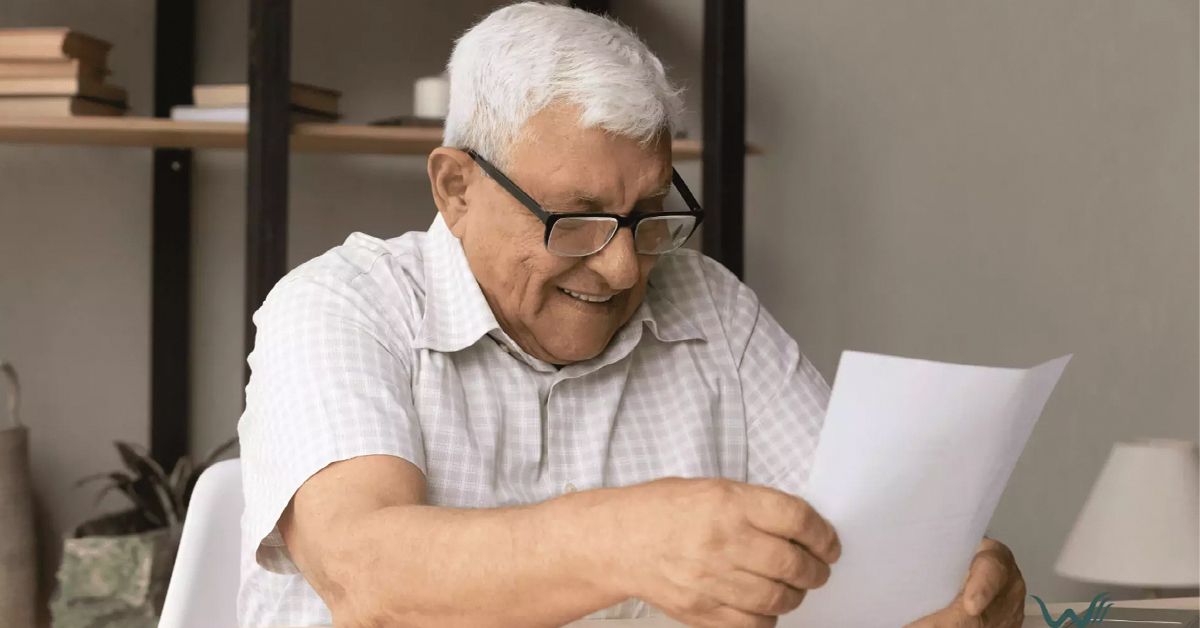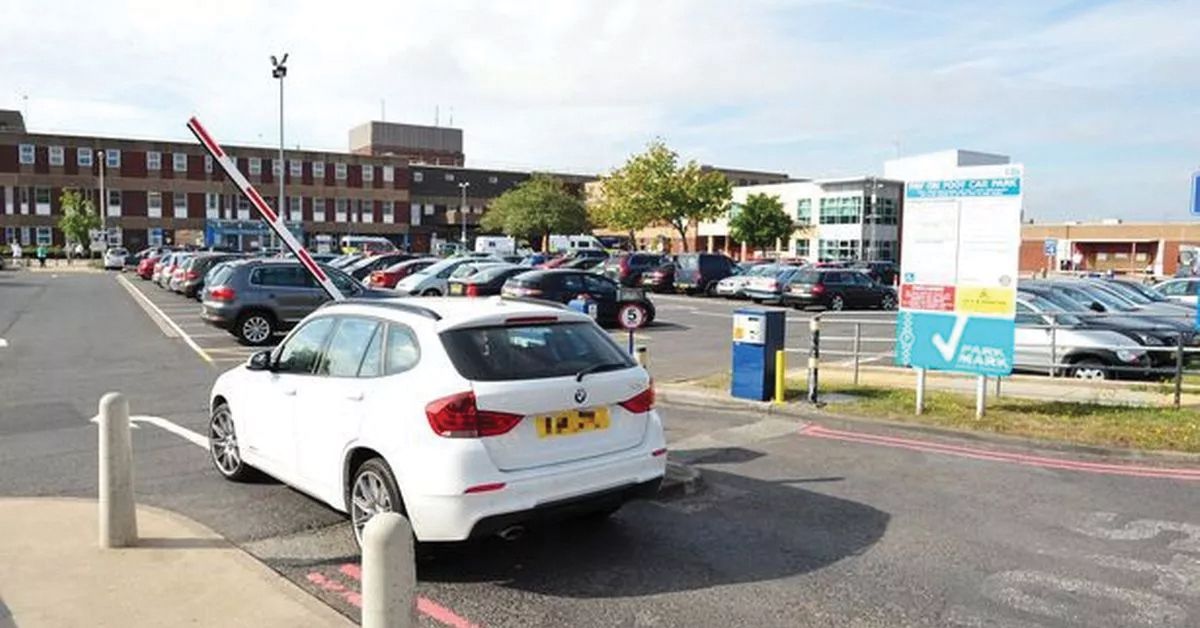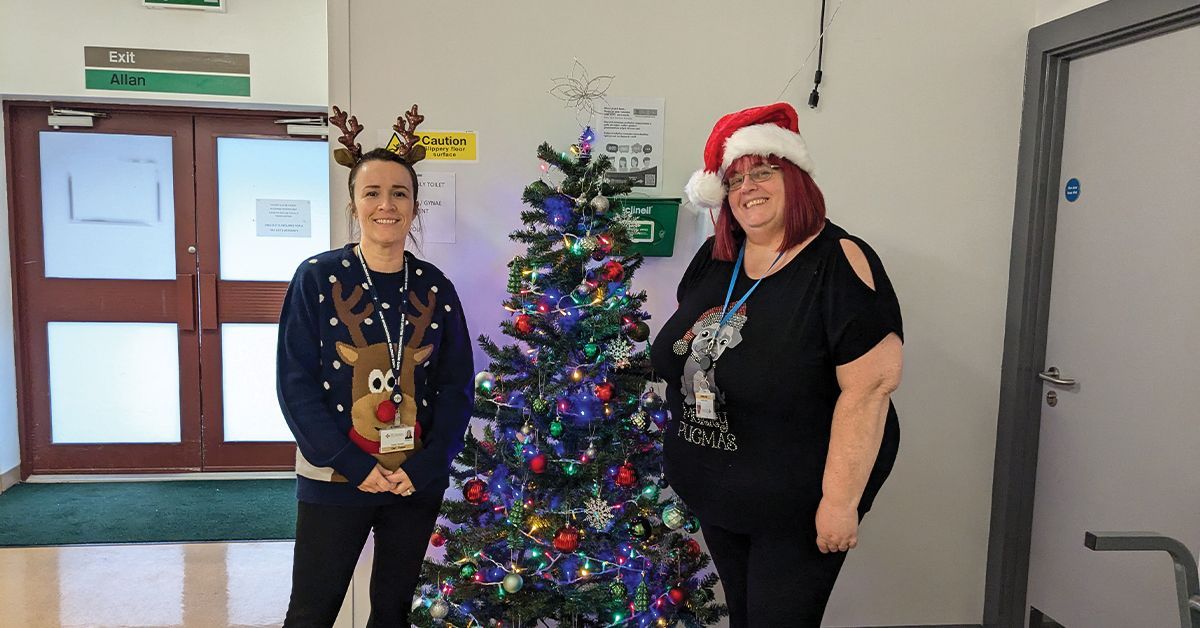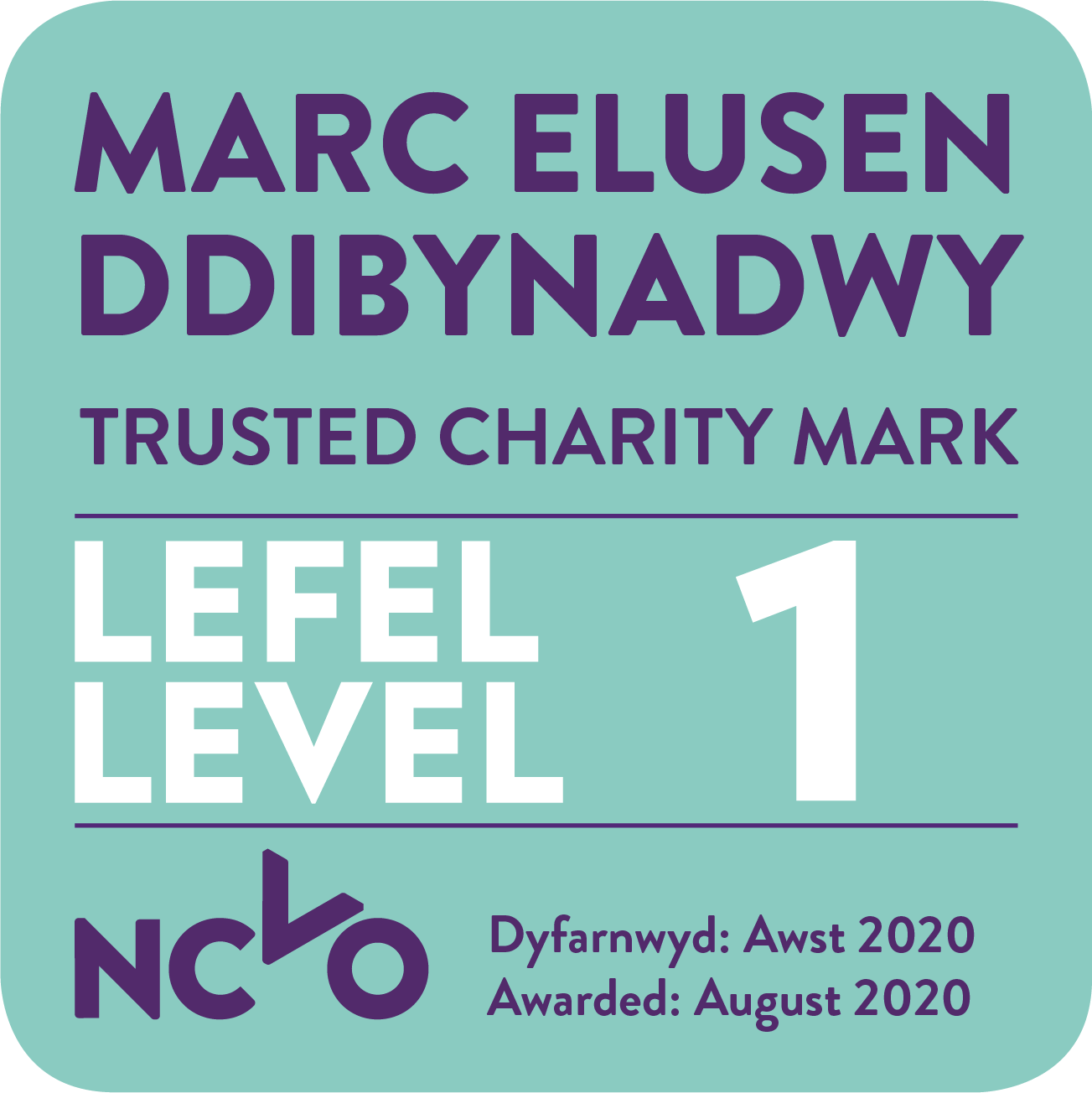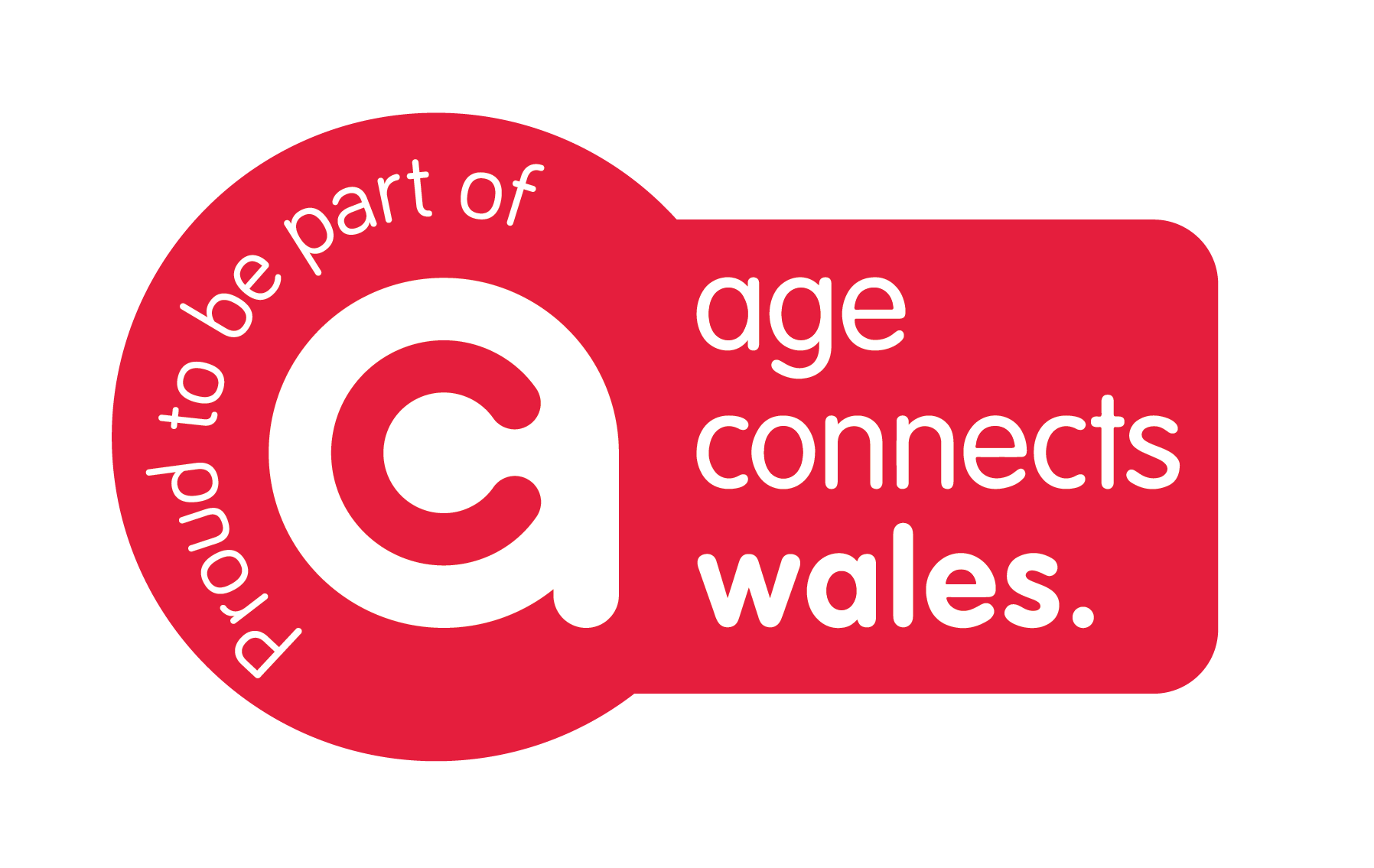Supporting a client's independence during a time of crisis
Providing compassionate support through a Trusted Assessor to help a client maintain her independence during a time of crisis
This powerful case study comes from Keiran, who works on our Trusted Assessor project, funded by the Regional Partnership Board it focusses on supporting older people leaving hospital.
Client Overview
SC, an 82-year-old woman, was brought to the Accident and Emergency (A&E) department at the Princess of Wales Hospital alongside her husband, who had been diagnosed with an end-of-life illness. Concerns were raised about SC’s well-being due to suspected memory issues. SC has lived in South Wales her entire life and has a family that live outside the area. Although SC had no formal dementia diagnosis, a hospital doctor suspected she had undiagnosed cognitive decline.
Providing Immediate Support
Recognising SC’s distress and need for reassurance, a person-centred approach was taken. Discussions were conducted with her husband present to provide comfort and familiarity. Active listening techniques helped reinforce understanding, and privacy was maintained in the busy hospital environment.
Addressing Challenges
SC was initially reluctant to accept support, believing she could manage independently. A sensitive approach was taken, emphasising that any assistance would be on her terms, preserving her autonomy. A discussion with the hospital social worker confirmed SC had the capacity to make decisions. To assist with her memory difficulties, her grandson was involved to help her retain important information.
Implementing a Support Plan
A six-week care package was arranged, including three daily visits to assess SC’s ability to live independently. She was transported home safely, where an environmental risk assessment was conducted. Food provisions were arranged, and SC was supported in preparing a meal to evaluate her functional ability. A referral to Care and Repair ensured the installation of a lifeline system for emergency assistance. SC’s GP was also contacted to address concerns about missed medication. Her grandson was kept fully informed and provided with key contacts for ongoing support.
Promoting Independence and Safety
SC remained actively involved in decision-making, reinforcing her confidence. Information was repeated as needed to aid her memory, and her grandson acted as a key point of contact. All details were communicated with the social worker and care agency to ensure seamless support.
Challenges Overcome
- Coordinating Services: Effective communication between hospital staff, social services, and family members ensured a smooth transition home.
- Medication Management: Prompt contact with SC’s GP resolved concerns about her prescriptions.
- Emergency Assistance: A lifeline system was installed, providing SC with direct support if needed.
Outcome and Review:
SC’s home-based care aligned with best practices, promoting well-being while maintaining independence. Regular reviews allowed flexibility in adjusting support as needed. Throughout the process, SC’s autonomy and preferences were respected, ensuring she remained safe and comfortable in her home.
Find out more about our our Trusted Assessor project here.



